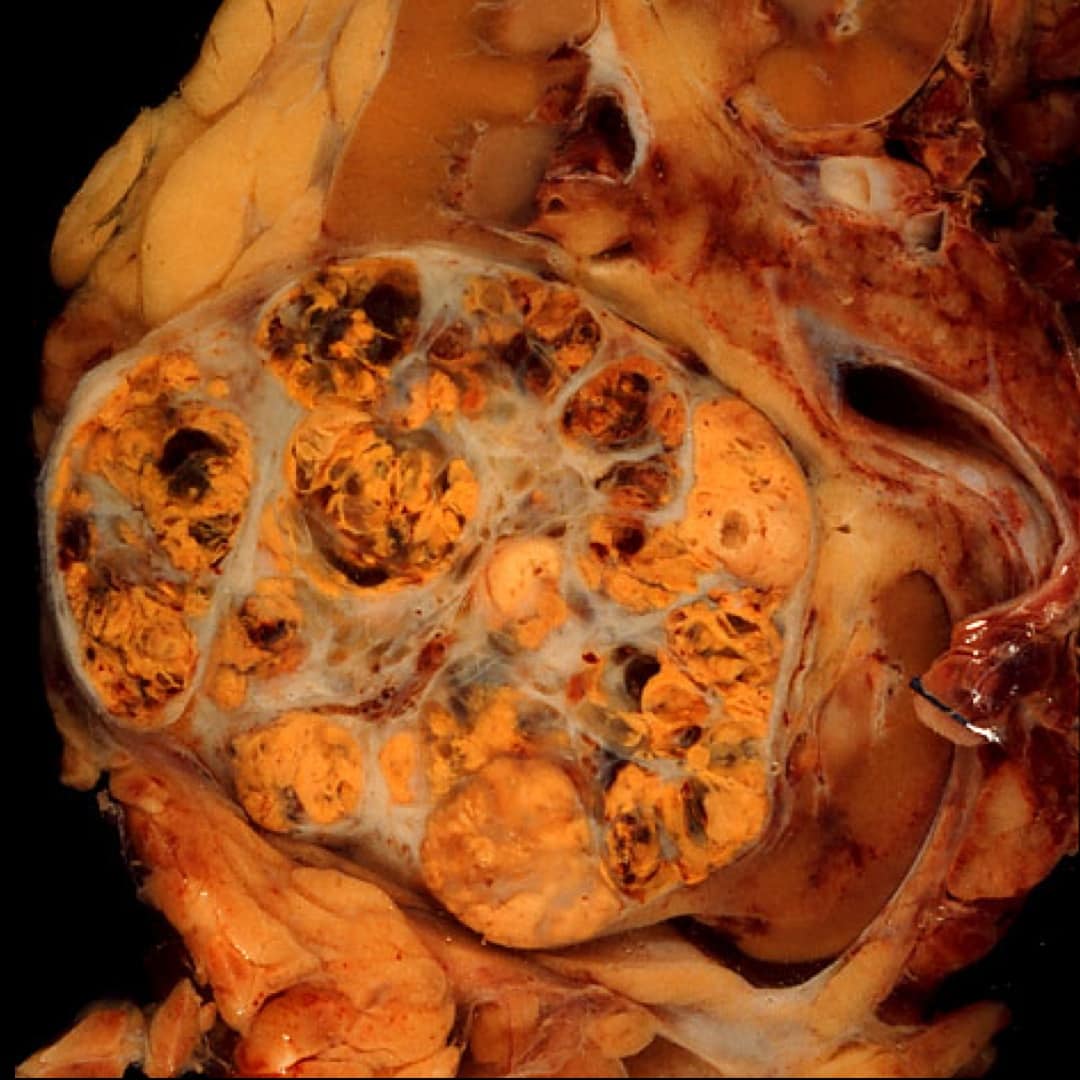58,000 Americans are diagnosed with kidney cancer every year, and 13,000 die. And the numbers have been going up.
What Causes Kidney Cancer?
Smoking
Nitrosamines are one of the most potent carcinogens in cigarette smoke. Nitrosamines are considered so toxic that carcinogens of this strength in any other consumer product designed for human consumption would be banned immediately. If that were the case, they’d have to ban meat.
Diet
One hot dog has as many nitrosamines and nitrosamides as five cigarettes. And these carcinogens are also found in fresh meat as well: beef, chicken, and pork. So even though smoking rates have dropped, perhaps the rise in kidney cancer over the last few decades may have something to do with meat consumption.
Check out my video Can Diet Protect Against Kidney Cancer? for more detail.
Can Diet Be Used to Treat Kidney Cancer?
In one of my favorite journals, the American Journal of Clinical Nutrition, this question was put to the test in what may be the largest prospective study ever, the NIH-AARP Diet and Health Study, which followed nearly half a million people for about a decade. Noting that “Plant-based and fiber-rich diets high in vegetables, fruit, and whole grains are recommended to prevent cancer and chronic conditions associated with renal cell carcinoma,” the study found fiber intake was associated with a significant 15-20% lower risk of renal cell carcinoma and that the most powerfully protective foods included legumes (beans, chickpeas and lentils), whole grains, and cruciferous vegetables. Refined grain intake, however, was associated with increased risk. Last year the same group of researchers found that cooked meat carcinogens may double the risk of papillary renal cell carcinoma. The only other new study I know of found that nitrite from processed meats and other animal sources (but not plant sources) was associated with an increased risk as well.
Finally, given that most of the new treatments developed for renal cell carcinoma (Axitiniband, Bevacizumab, Everolimus, Pazopanib, Sorafenib, Sunitinib, Temsirolimus) attempt to block the formation of new blood vessels to the tumor, that would be all the more reason to pack your diet with foods containing anti-angiogenic phytonutrients such as apigen, luteolin, and fisitin found in strawberries, citrus, celery, peppers, and many other fruits and vegetables. I have a video on this whole concept called Cutting Off Tumor Supply Lines.
Conclusion
The same kind of diet that may help prevent common cancers just so happens to be the same kind of diet that may also help prevent heart disease, type 2 diabetes, and many other leading causes of death. Unlike drugs—which tend to only target specific conditions, can have dangerous side effects, and may only treat the symptoms of disease—a healthy diet can benefit all organ systems at once, has good side effects, and may treat the underlying cause of illness.
That one unifying diet found to best prevent and treat many of these chronic diseases is a whole-food, plant-based diet, defined as an eating pattern that encourages the consumption of unrefined plant foods and discourages meats, dairy products, eggs, and processed foods.
